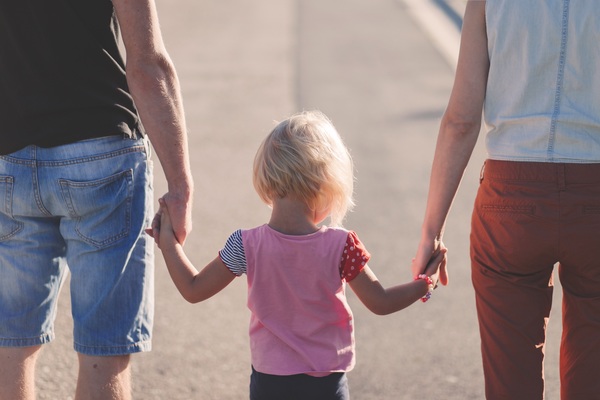By Dr Maxine Thérèse
When I became a mother, I did not know that my children came in to the world with all of the past feelings, emotions and experiences of their family line. The science of epigenetics helps us to understand the ways children respond to themselves and life – that is, their behaviours, challenges and emotional expressions are due largely to experiences patterned and programmed epigenetically at a cellular level. Children are not blank slates, and in fact any emotional patterning and habits we have in ourselves as parents will be embodied by the next generation. The child therefore acts as a total mirror for the past.
In my own parenting, I could see how important this dimension was to know and work with, especially if I was to really understand my own children and their needs and not just project my ideas upon them as they grew. When we know that our children constantly mirror all of our own unrealised potentials, extending out and back in both time and space to a collective past, then we naturally become more interested in looking to ourselves for the source of certain issues faced by our children. We can use our parenting as an opportunity for self-awareness. Because children reflect the behaviours of other people: the feelings, beliefs, emotions, thoughts as well as the speech and language of their family’s social and cultural lineage, I was interested in developing a model that helps us to identify what these are.
So when we see our children struggling, reacting or stressing about certain things, or behaving in certain ways, we have a wonderful opportunity to pause and see where this might be a pattern of our own as their parent/s. For example:
· If a child experiences anxiety, pause and ask yourself: ‘Is there anything that I am anxious about? Am I in a rush? Do I have the space to secure my child?’ Take a few deep breaths together and affirm ‘I am safe and I am here for you’. This is the need to be safe and secure where a child is proclaiming ‘soothe me’. If adults have not had this need met, then their children will express common challenges based upon this unmet need too.
· If a child experiences a tantrum, pause and ask yourself: ‘Are there any big emotions that I cannot process? Do I feel restricted from my emotional expression?’ Take the child to a safe space and hold them whilst exploring the feelings that led to the tantrum and affirm ‘I am free to feel all my feelings’. This is the need to feel, where the child is proclaiming ‘free me’. If adults have not had this need met, then their children will express common challenges based upon this unmet need too.
If we actually know our own past in way of our feelings, thoughts, emotions, beliefs and other stressors that are still seeking expression, we can be more watchful to the things that our children are challenged by. The unresolved energies we have as parents affect our children and the wonderful thing is that we can clear these energies, resolve unmet needs in ourselves and assist our children in dealing with their own needs at the same time.
I created the Childosophy System because I realised that what I needed as a parent was not represented in other children’s philosophy models. The Childosophy System helps parents work with their children as their needs arise through their behaviours. It is a system that encourages parents to grow with our children, not against them.
*The Need to be Safe and Secure and the Need to Feel used in the example are two of the seven foundational needs in the Foundational Needs Model of Dr Maxine Thérèse that are outlined in her book ‘The Push for a Child Philosophy; What Children Really Need you to Know’. Maxine conducts regular trainings and parenting seminars. For more information, visit www.childosophy.com








